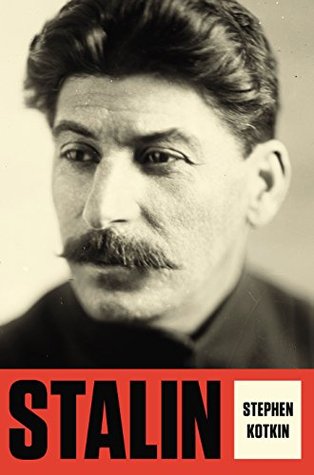“The essence of the evil lay not in the disorder but in the absence of political authority [bezvlastii].”24 After October, organizations claiming broad authority proliferated, just as before, but the “absence of authority” worsened. Bolshevism, too, roiled with deep internal fractures, riotousness, and turnover, and Lenin’s superior political instincts—when compared with other leaders of Russia’s revolution—could not overcome the functional equivalent of the Dadaist’s deafening train whistle: namely, the man-made destruction and chaos that brought the Bolsheviks to nominal authority. Some
...more
Welcome back. Just a moment while we sign you in to your Goodreads account.


